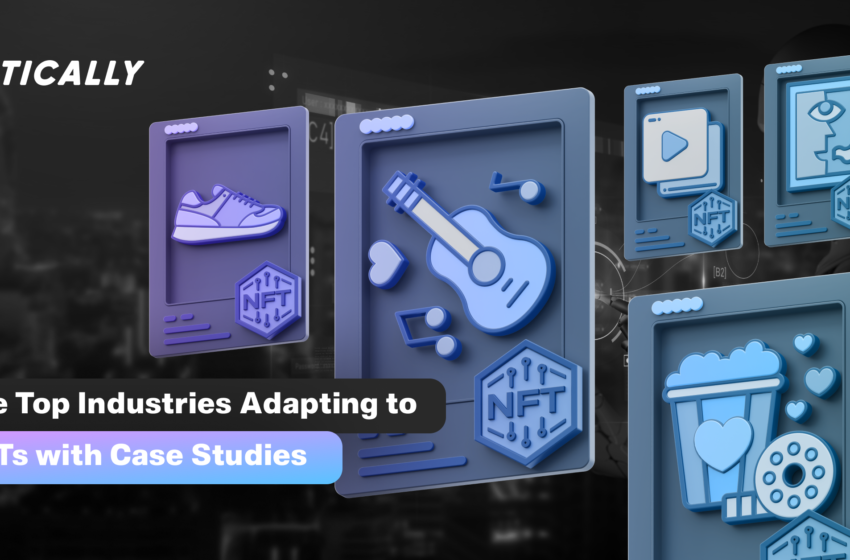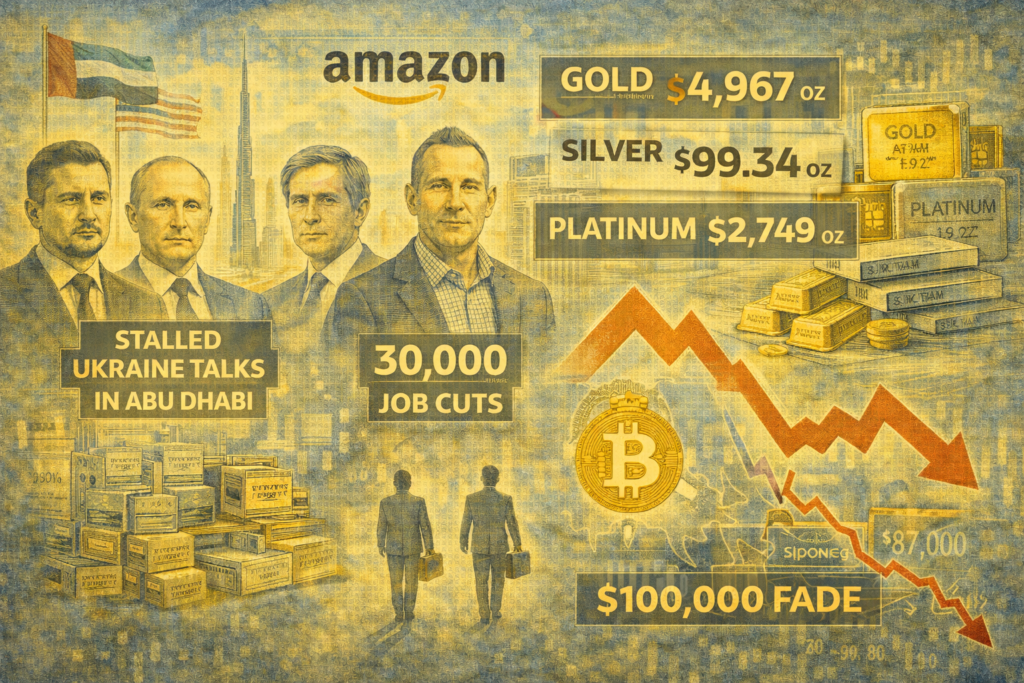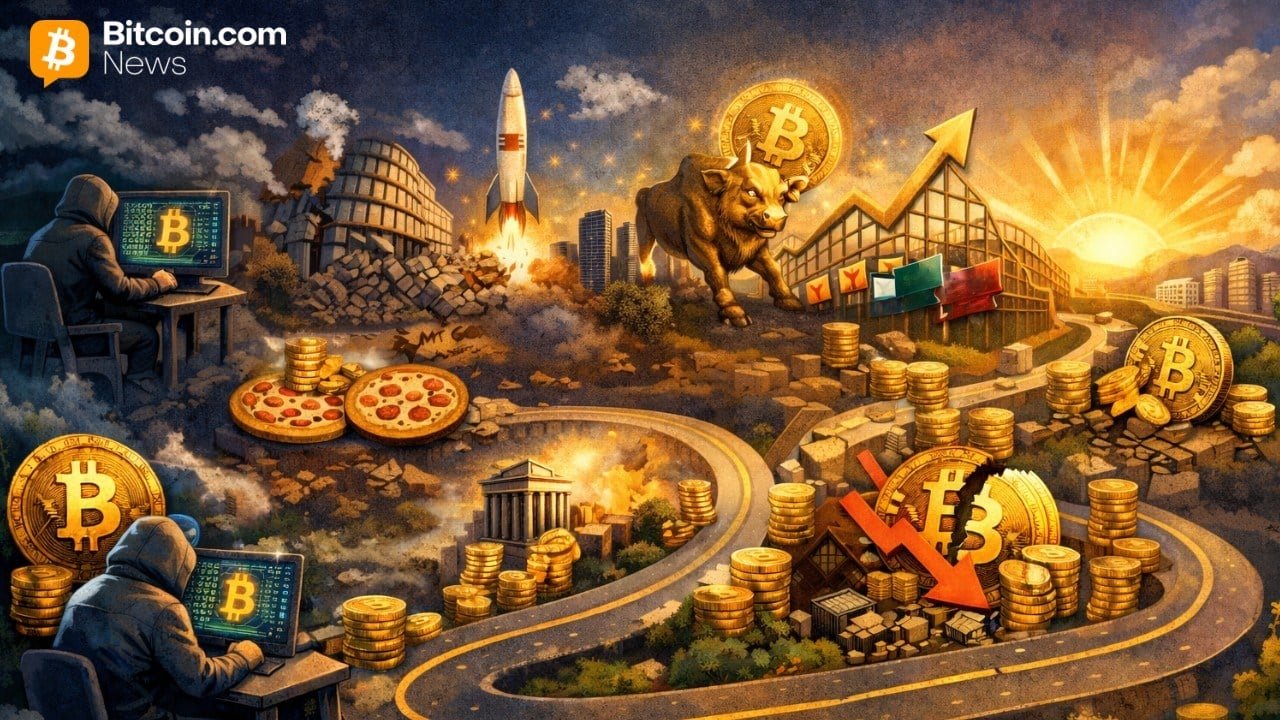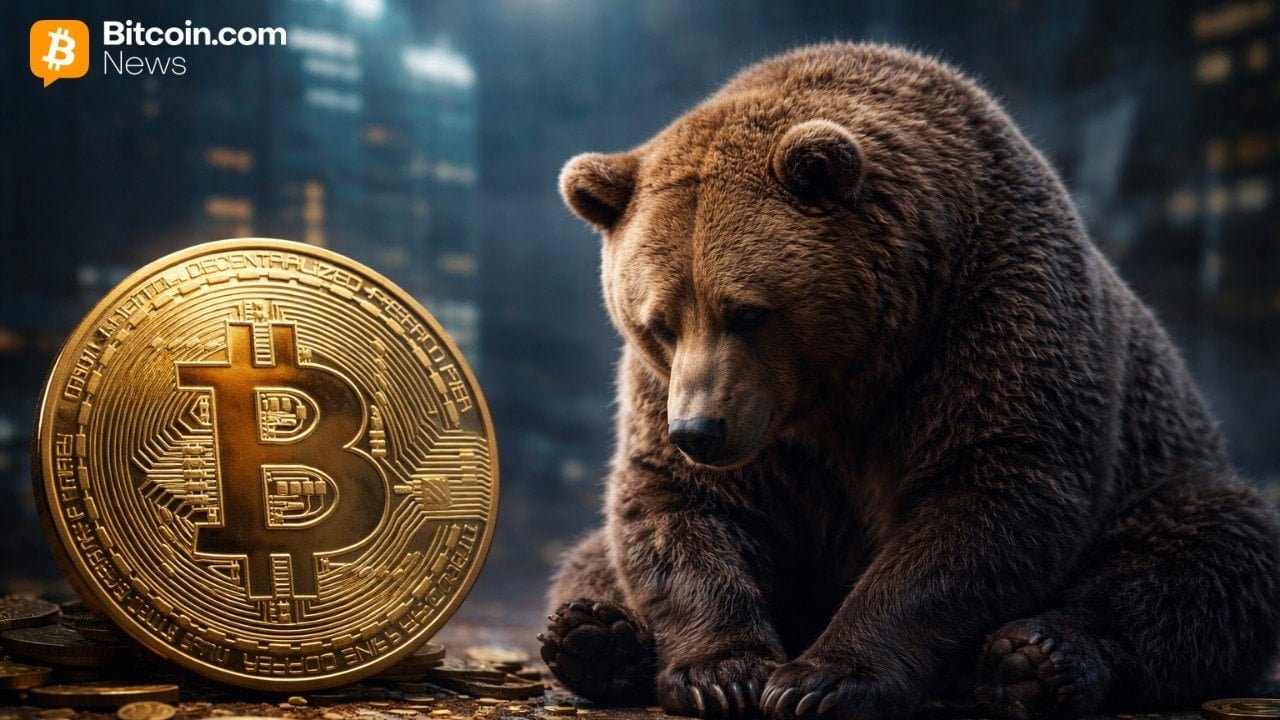Evening digest: Bitcoin slides below $90K, Amazon layoffs mount, gold
Nfts are Attracting Top Industries | Case Studies
(Originally posted on : NFTICALLY )
Introduction
With a constant rise in value and popularity, NFTs have now begun disruptions across industries worldwide. Industries are proactively adopting NFTs or are working upon their readiness to adopt them in the future. Big players like Adidas, Coca-Cola, and MacDonald are utilizing NFTs for their key product of Metaversal marketing. But what utility do these bring to the end-owners? How are these offline real-time businesses still maintaining their customer bases?
In this blog, we provide you with proof of the top industries and their big players, who are adopting NFTs hyperactively to mark their presence in the Gen-Z Metaversal world.
- The Art and Music Industry
The art and music industries have a long record of custodians who control essential components of intellectual property. Such people include brokers, galleries, agents, and labels. These arbiters regulate the sale and distribution of an artist’s work and also monitor the distribution of incurred earnings.
The possibility that NFTs offer artists in terms of ownership is phenomenal. They have the capability to modify this synergy. Artists can now actually deal with buyers (fans). They can retain intellectual property for every art piece, which can provide a consistent income stream in the form of resales. Many popular artists both from the art and the music domain have started catapulting from the benefits of NFTs. Examplewise, Mike Winkelmann or Beeple, previously a graphic designer, is now one of the most acclaimed NFT artists in the world. His infamous NFT “Everyday’s”, a collection of 500 of his artwork sold for $69 million dollars, making the artist a millionaire overnight. Another such artist is Mural Pak or Pak, who sold his NFT “Merge” for an astounding $91.8 million dollars.
As for the music industry, famous DJ Steve Aoki, Canadian Musician Grimes, rapper Snoop Dogg and multiple others, are actively selling their music as NFTs for millions of dollars.
- The Gaming Industry
It is unsurprising that the gaming industry would embrace NFTs. Most games have developed virtual businesses by incorporating in-app purchases. They essentially tokenize assets that can be purchased within the game, ex. Shields, skins, etc. NFTs provide the gaming industry with the capability to allow users to hold the assets they have bought in their games. The user can next choose to recur out their in-game assets/investments into fiat currencies.
Examples of such gaming use cases would be the newly developed Blockchain games Axie Infinity, Spliterlands, Sandbox 3D, and likewise.
Surprisingly, this industry is the closest to the Metaverse, and thus it has the most potential to profit from the evolving frenzy.
- The Fashion Industry
NFTs are no exception to the fashion industry’s tradition of setting the latest trends. 17 per cent of the brands featured in the Vogue Business Index have already started banding with NFTs. Dolce & Gabbana also acquired about $6 million for a nine-piece digital NFT collection, while Burberry released its NFT collection in the game Mythical Games’ Blankos Block Party.
The actual utility of NFTs to the fashion industry involves the power to tap into worldwide communities while providing them with value-based tangible revenue. NFTs also let the brands curate personalized experiences that fuel desirability. Such, resultantly make the customers more loyal to the brand. All this lets the enterprises build hype around their product launches, fostering more business returns.
- The Real Estate Industry
The problem of transferring property ownership is one of the major drawbacks of real estate investing. Buying a home or opening any estate chain presently necessitates a massive amount of documentation. Also, the scope of owning amounts of land gets much limited due to regulatory norms.
NFTs simplify this transaction process, allowing a buyer to claim control of land pieces in minutes. Not only that but buyers now can also buy limitless amounts of virtual estate properties, which they later can resell for quadruple amounts. The SandBox and Decentraland are two platforms that provide virtual real estate NFTs, with plots selling for as much as $4.3 million.
The practicality? Yes, that’s debatable. But hey so was Bitcoin before 2015. And look at it now.
Other industries diving into NFTs
- Sports
- Domain Names
- Healthcare
- Insurance companies, and many more…
Conclusion
At NFTICALLY, we believe that we are still in the initial stages of adopting NFTs. Decentralization has usability in every industrial domain, and NFTs have the ability to accomplish so. There will undoubtedly be far more enticing and exhilarating industry and NFT collaborations in the future. You as an individual, get to choose your part in this rousing yarn.








 Bitcoin
Bitcoin  Ethereum
Ethereum  Tether
Tether  XRP
XRP  USDC
USDC  Solana
Solana  TRON
TRON  JUSD
JUSD  Lido Staked Ether
Lido Staked Ether  Dogecoin
Dogecoin  Figure Heloc
Figure Heloc  Cardano
Cardano  Wrapped stETH
Wrapped stETH  Bitcoin Cash
Bitcoin Cash  WhiteBIT Coin
WhiteBIT Coin  Wrapped Bitcoin
Wrapped Bitcoin  Wrapped eETH
Wrapped eETH  Monero
Monero  USDS
USDS  Binance Bridged USDT (BNB Smart Chain)
Binance Bridged USDT (BNB Smart Chain)  Chainlink
Chainlink  LEO Token
LEO Token  Coinbase Wrapped BTC
Coinbase Wrapped BTC  Stellar
Stellar  WETH
WETH  Ethena USDe
Ethena USDe  Zcash
Zcash  Canton
Canton  Sui
Sui  Hyperliquid
Hyperliquid  Litecoin
Litecoin  Avalanche
Avalanche  World Liberty Financial
World Liberty Financial  Shiba Inu
Shiba Inu  Hedera
Hedera  USD1
USD1  USDT0
USDT0  Dai
Dai  sUSDS
sUSDS  Ethena Staked USDe
Ethena Staked USDe  PayPal USD
PayPal USD  Toncoin
Toncoin  Cronos
Cronos  Rain
Rain  Polkadot
Polkadot  Uniswap
Uniswap  Mantle
Mantle  MemeCore
MemeCore  Tether Gold
Tether Gold  Bitget Token
Bitget Token  Aave
Aave  Bittensor
Bittensor  OKB
OKB  Falcon USD
Falcon USD  Pepe
Pepe  PAX Gold
PAX Gold  NEAR Protocol
NEAR Protocol  Internet Computer
Internet Computer  Jito Staked SOL
Jito Staked SOL  Ethereum Classic
Ethereum Classic  Binance-Peg WETH
Binance-Peg WETH  BlackRock USD Institutional Digital Liquidity Fund
BlackRock USD Institutional Digital Liquidity Fund  Ondo
Ondo  HTX DAO
HTX DAO  Global Dollar
Global Dollar  Circle USYC
Circle USYC  Aster
Aster  Jupiter Perpetuals Liquidity Provider Token
Jupiter Perpetuals Liquidity Provider Token  Sky
Sky  Pi Network
Pi Network  Pump.fun
Pump.fun  KuCoin
KuCoin  Ripple USD
Ripple USD  Binance Staked SOL
Binance Staked SOL  Ethena
Ethena  POL (ex-MATIC)
POL (ex-MATIC)  Wrapped BNB
Wrapped BNB  BFUSD
BFUSD  Worldcoin
Worldcoin  Binance Bridged USDC (BNB Smart Chain)
Binance Bridged USDC (BNB Smart Chain)  syrupUSDC
syrupUSDC  Rocket Pool ETH
Rocket Pool ETH  MYX Finance
MYX Finance  Aptos
Aptos  Cosmos Hub
Cosmos Hub  Gate
Gate  USDD
USDD  Algorand
Algorand  Render
Render  Arbitrum
Arbitrum  River
River  Function FBTC
Function FBTC  Official Trump
Official Trump  Filecoin
Filecoin  Midnight
Midnight